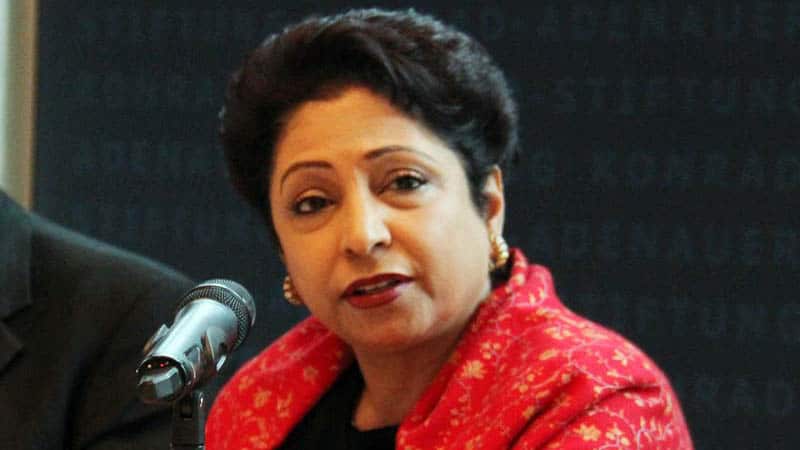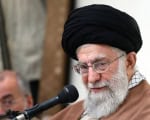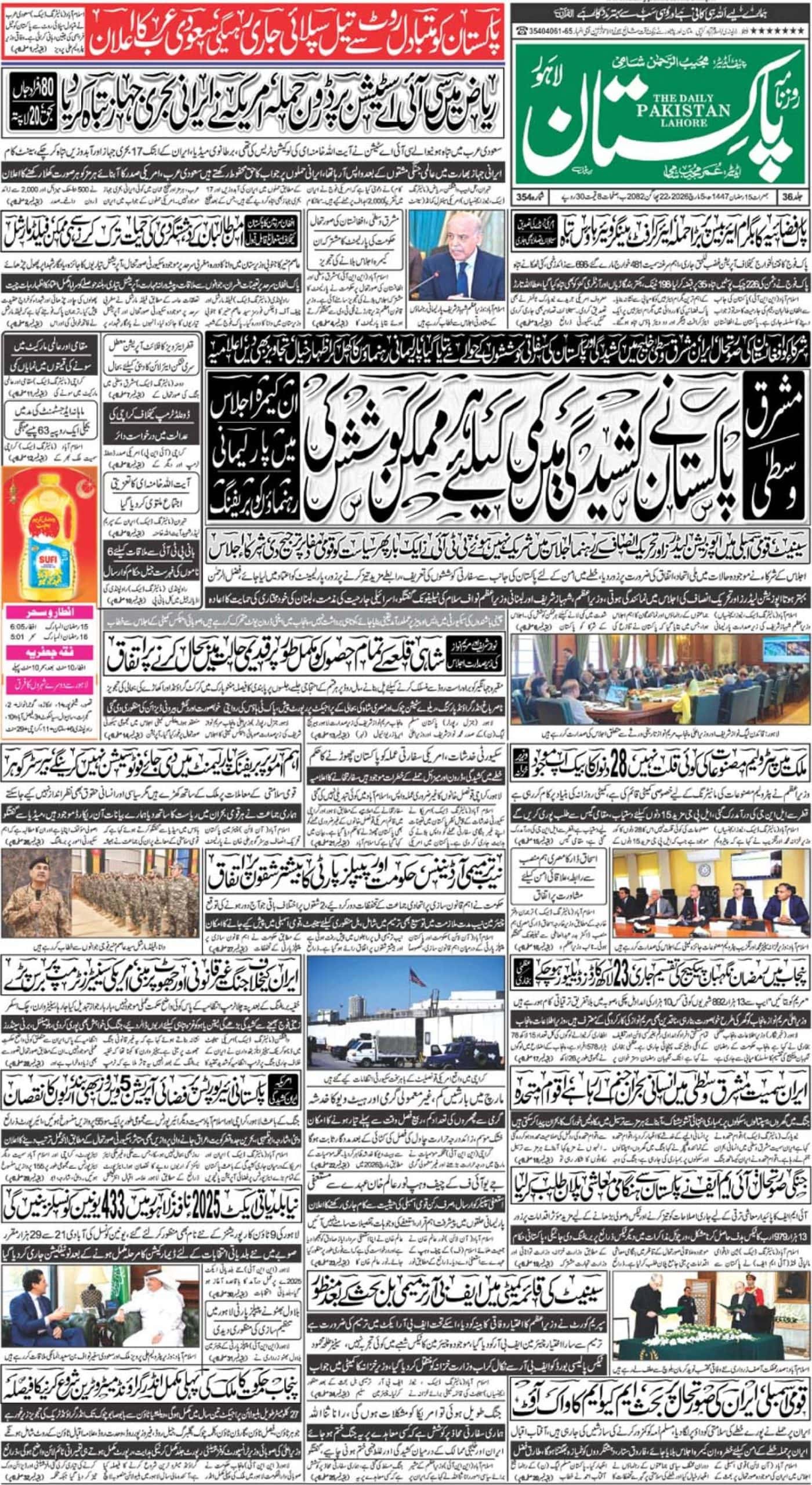UNITED NATIONS – Pakistan has told the United Nations that peace and stability in South Asia cannot be attained without settling prevailing issues, agreeing on steps for nuclear and missile restraint, and bringing conventional forces balance, reported Business Recorder.
“Our conduct continues to be defined by restraint and responsibility, and avoidance of an arms race (in South Asia),” Ambassador Maleeha Lodhi spoke to the UN Disarmament Commission.
She highlighted that Pakistan’s proposal for a strategic restraint regime, based on those three inter-locking elements, remains on the table.
Lodhi said that the tendency towards the disarmament and non-proliferation landscape was negative due to the non-serious efforts by nuclear-weapon States in fulfilling their obligation regarding the nuclear disarmament.
The disarmament could further face negative trend after recent vows made by some such States to “greatly strengthen and expand nuclear capabilities”.
Granting discriminatory waivers to some nuclear states was a key challenge, and making exceptions for power or profit reasons, all of which made nuclear double standards and popped up the risk of diversion of materials intended for peaceful uses to military purposes, Lodhi said.
Many States “in particular in South Asia” continued to pursue those policies by rising the expenditures for military, besides expanding conventional weapons inventories.
“Disruption of strategic stability in South Asia by induction of nuclear weapons in our neighborhood fundamentally challenged my country’s security,” an obvious reference to the 1974 Indian nuclear test.
“We were left with no option but to follow suit in order to restore strategic stability in the region and deter all forms of aggression.” Indeed, Pakistan had presented several proposals to keep South Asia free of such weapons but received no positive response.
“As envisaged at present, a cut-off only treaty would freeze the status quo to our permanent disadvantage and negatively affect strategic stability in South Asia,”
Ambassador Lodhi told the delegates that Pakistan had the all necessary credentials and expertise to become member of the Nuclear Supplier Group (NSG).
“As the NSG deliberates on the legal, technical and political aspects of membership of non-NPT countries, it must establish and adhere to a transparent, objective and non-discriminatory criteria that ensures equal treatment of non-NPT applicants for the Group’s membership.”














